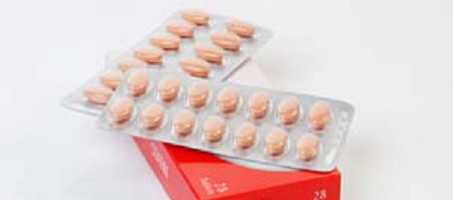An ingredient found in over-the-counter cough medicine – dextromethorphan – could lead to a new treatment for type 2 diabetes.
The effects of dextromethorphan were noted by German researchers at Heinrich Heine University, who observed it increased insulin release in mice.
Dextromethorphan suppresses a cough by stifling N-Methl-D-Aspartate (NMDA) receptors – a protein found in nerve cells and located in the medulla oblongata, which controls autonomic functions such as breathing.
NDMA receptors are also located in the insulin-producing cells of the pancreas. Researchers therefore conducted a human study involving 20 participants to assess the effects of dextromethorphan.
Caution
While serum insulin concentrations were found to increase, and glucose levels were lowered, researchers have urged caution over their findings.
“To date, we only have results from a single-dose clinical trial, which make us optimistic; but [this is] not sufficient to evaluate the clinical benefit of this drug for the long-term treatment of people with diabetes,” senior author Eckhard Lammert told Live Science.
Patients with type 2 diabetes are warned by researchers not to start self-medicating with cough medicine containing dextromethorphan. Moreover, when exceeding maximum dosages, dextromethorphan acts as a dissociative hallucinogen.
The researchers hope this research will lead to further clinical trials to investigate whether dextromethorphan could be used to treat type 2 diabetes, which is characterised by the pancreas not making enough insulin to regulate blood sugar levels.
The results of this study appear in the journal Nature Medicine.
What's new on the forum? ⭐️
Get our free newsletters
Stay up to date with the latest news, research and breakthroughs.



